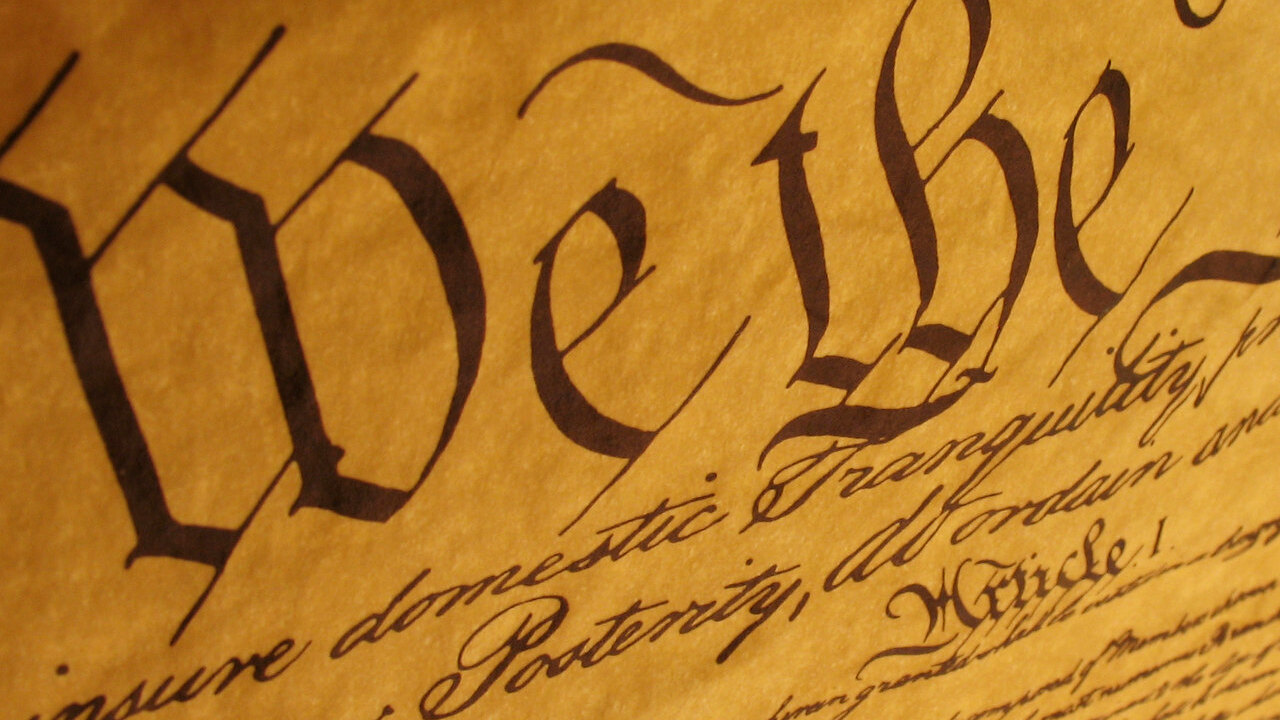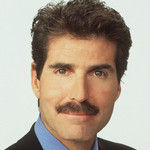This Fourth of July, watching people fight over what the Constitution means, I ask people, if you could change the Constitution, what would you change?
“The forefathers knew what they were doing,” said one woman.
But the Constitution originally accepted slavery. It’s good that we can amend it.
So what should we change?
“Add a balanced budget amendment,” suggests Glenn Beck.
David Boaz of the Cato Institute recommends 18-year terms for the Supreme Court. “Maybe confirmation fights would be less bitter and partisan.”
Others suggest term limits for Congress. Stossel TV’s Mike Ricci takes the idea further. “If your father, mother, siblings, uncle, cousins were elected to federal office, you can’t be.” That would curb Kennedy/Bush-like dynasties.
Several people said they want to eliminate the Commerce Clause. It gives government virtually unlimited power over the economy, complains tech journalist Naomi Brockwell, “forcing people to participate in federal pension programs … enabling the War on Drugs.”
Some want an amendment to stop the growth of Washington regulatory agencies like the Food and Drug Administration, Environmental Protection Agency, and Federal Communications Commission. Economist Don Boudreaux calls them “a grave threat to Americans’ liberties and prosperity.”
The Supreme Court took a small step in restraining their power last week when it ruled that EPA bureaucrats can’t set emission rules all by themselves. Congress has to vote on that.
Rep. Ro Khanna, D-Calif, proposes overturning Citizens United. He says that would stop those who “spend millions of dollars corrupting elections (and) would return our democracy to the town halls and citizen involvement that our founders envisioned.”
I doubt that. Limits on political speech increase insiders’ power.
Christina Martin of the Pacific Legal Foundation wishes the Constitution did more to protect the rights of the individual. “How about a right to earn a living? How about a right to not have the government steal from you?”
But some young people told us they want to eliminate rights already in the Constitution, like free speech.
“Being able to speak your mind is important,” said one, “as long as it’s not in a way that is going to be long-term harmful to people.”
Ouch. Who decides what is harmful? Will he get to censor my videos?
The Bill of Rights also includes the right to bear arms. Babylon Bee’s Kyle Mann would add some lines to clarify that “you can’t pass laws restricting ownership of firearms.”
Others want to get rid of the Second Amendment. “We have police officers. We have a military,” said one woman in Times Square. “So do we really need them? No.”
I’m glad another person corrected her. “The only reason we stand on freedom is because we got the right to bear arms!” he says. “(Because of the Second Amendment) We’re all a micro government in our own way.”
We are all “micro governments?” I like that.
The Goldwater Institute’s Tim and Christina Sandefur would add “protections against the abuse of eminent domain” and “ban subsidies to special interests.”
I like changes that might limit government power, and I wonder: How did government grow so powerful when the Constitution was created to limit government’s power?
Podcaster Michael Malice says it’s because the Constitution is often ignored.
“The First Amendment says the right of people to peaceably assemble shall not be infringed, (but) not even libertarians bothered to invoke that to fight the lockdowns and quarantining.” Malice is an anarchist who says he’d put the Constitution “in the trash, where it belongs.”
I disagree. So did most people we asked.
“Our founders wrote documents … designed to give you life, liberty and the pursuit of happiness,” says podcaster Dave Rubin. “Perhaps they should’ve done it in bold so more people would’ve paid attention.”
More people should. My short videos are my attempt to let young people know that our Constitution limits government power and that rights belong to individuals. Most simply don’t know that.
PHOTO: U.S. Constitution. Photo by Kalli Laehn. Attribution-ShareAlike 2.0 Generic (CC BY-SA 2.0).
John Stossel is author of "No They Can't! Why Government Fails -- But Individuals Succeed." For other Creators Syndicate writers and cartoonists, visit www.creators.com.






